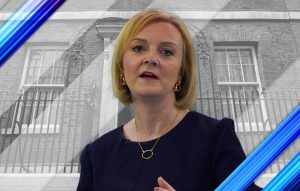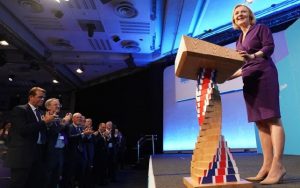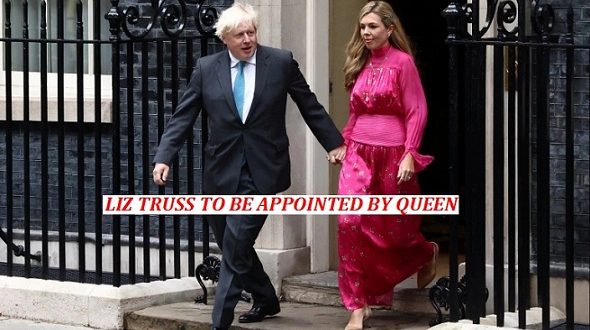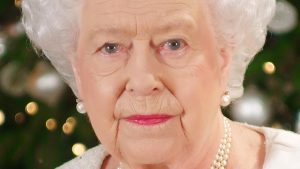06-09-2022
LONDON: The United Kingdom’s Prime Minister Boris Johnson has left his Downing Street office for the last time before heading to Scotland to formally offer his resignation to Queen Elizabeth II.
 The British leader, who announced his intention to step down two months ago, is expected to meet with the queen later on Tuesday at her Balmoral estate to begin the transfer of power to Liz Truss.
The British leader, who announced his intention to step down two months ago, is expected to meet with the queen later on Tuesday at her Balmoral estate to begin the transfer of power to Liz Truss.
Truss, who was named leader of the ruling Conservative Party on Monday, will be appointed prime minister during her own audience with the queen a short time later.
Speaking outside No 10 Downing Street, Johnson said his policies had given the country the economic strength to help people weather the energy crisis before he signed off with his typical bluster.
“I am like one of those booster rockets that has fulfilled its function,” Johnson said before getting into a car and leaving the gates of Downing Street for the last time as prime minister.
“I will now be gently re-entering the atmosphere and splashing down invisibly in some remote and obscure corner of the Pacific.”
Truss, 47, takes office a day after the Conservative Party’s 172,000 members elected her to lead their party.
On Tuesday afternoon, she is expected to make her first speech as leader of a nation of 67 million people anxious about soaring energy bills and a looming winter of recession and labour unrest.
Those problems have festered for the past two months because Johnson had no authority to make major policy decisions after announcing his plan to step down.
Speaking to Conservative Party members on Monday, Truss promised to “deliver” on the economy, the energy crisis and the overstretched healthcare system, though she offered few specifics on her policies.
Senior journalist Paul Brennan, reporting from London, said that as Truss settles behind the prime ministerial desk, the political tempo will accelerate immediately.
 “Urgent issues are screaming for attention … The number one priority at 10 Downing Street is undoubtedly Britain’s deepening cost-of-living crisis, and central to that is the cost of gas and electricity,” he said.
“Urgent issues are screaming for attention … The number one priority at 10 Downing Street is undoubtedly Britain’s deepening cost-of-living crisis, and central to that is the cost of gas and electricity,” he said.
“IMF data says Britain is being hit harder than any other western European country by massive fuel price rises. In 2021, a typical UK household paid around $1,400 a year for energy. By early next year, an average bill could hit $7,600 a year,” he added.
“It means fuel poverty for millions of people. The new prime minister says she has a plan.”
On Sunday, Truss promised to unveil her plans for tackling the cost-of-living crisis within a week. (Int’l Monitoring Desk)
 Pressmediaofindia
Pressmediaofindia





